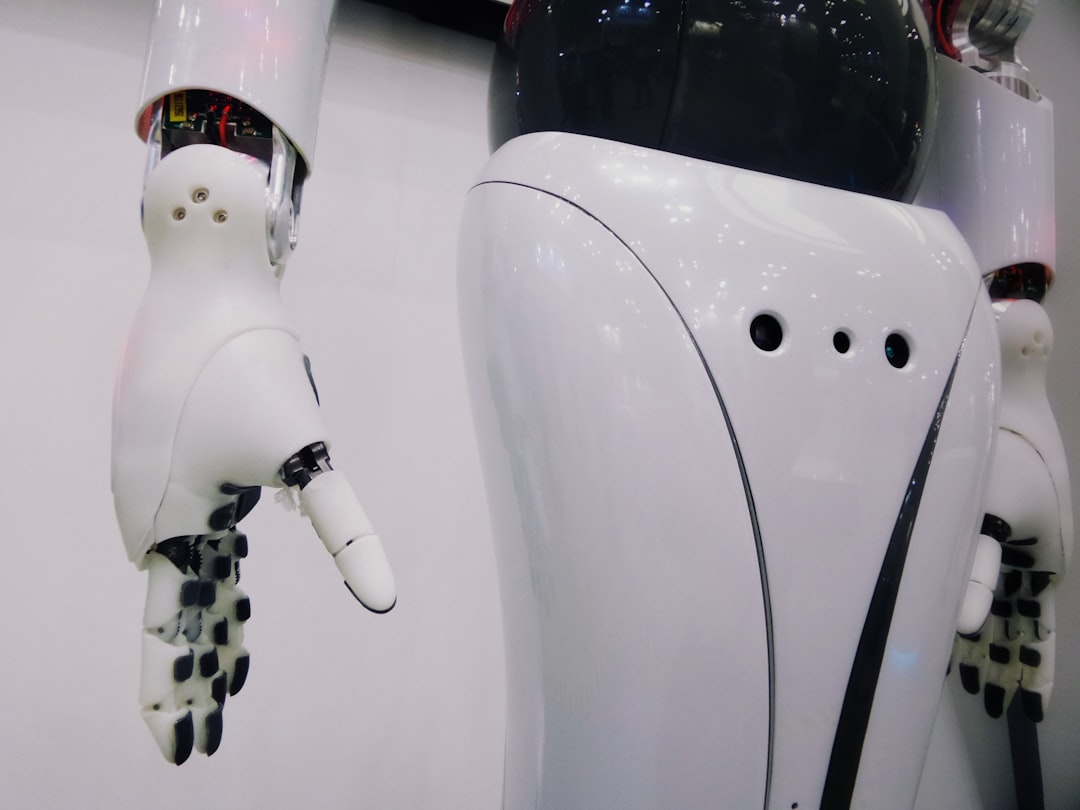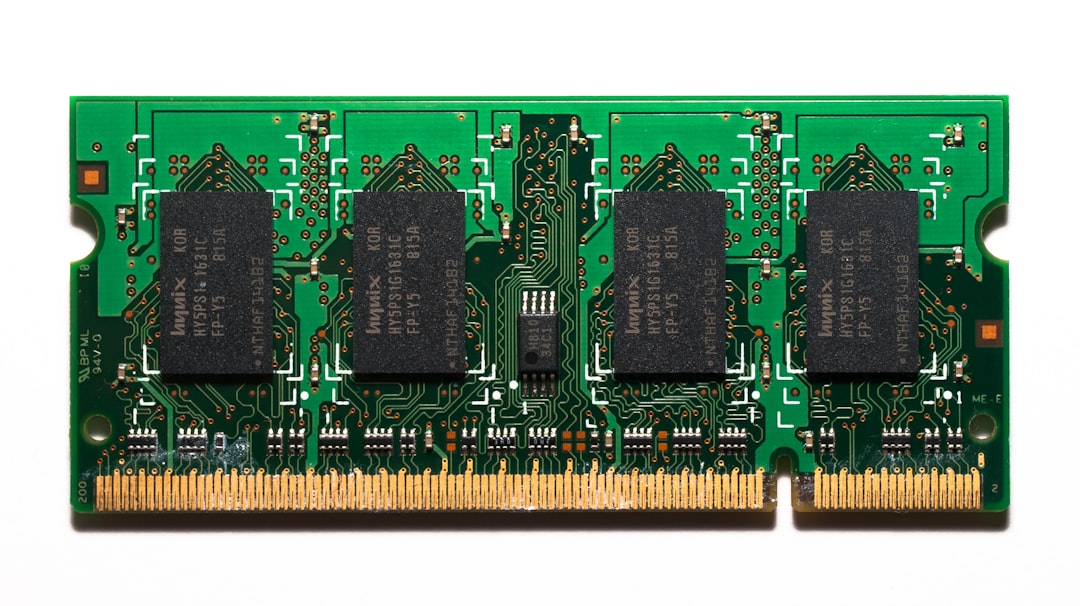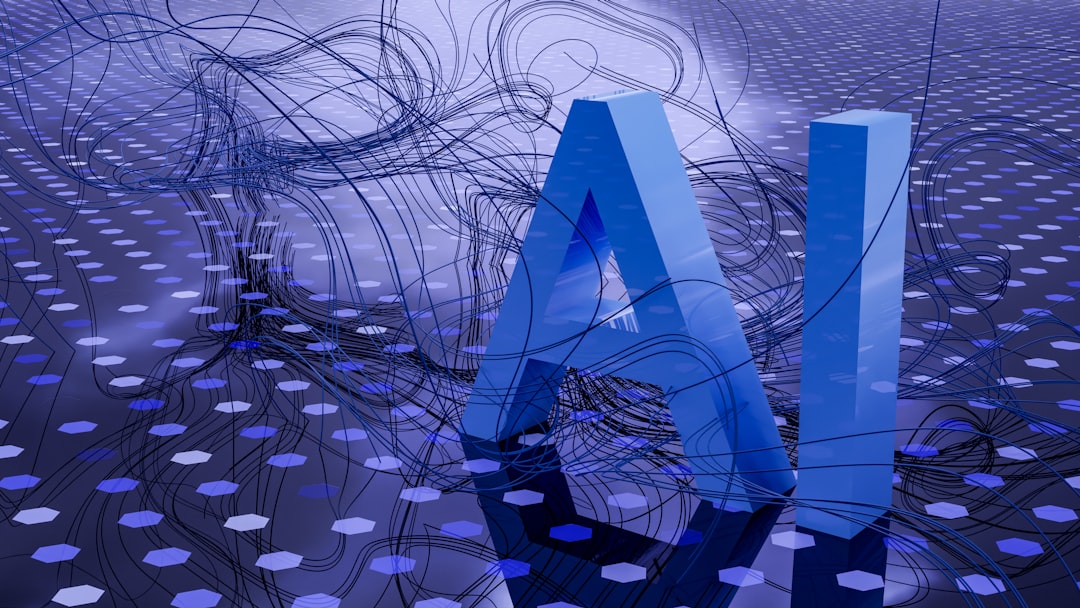**As technology advances at a breakneck pace, AI stands at the forefront of innovation and controversy.** While its potential benefits are vast, it is not immune to skepticism and concern, particularly when it comes to ethics, security, and its long-term implications on society.
Artificial intelligence, with its promise of efficiency and automation, is revolutionizing industries. However, it is not the panacea for all problems, and its application raises significant ethical questions. For instance, the deployment of AI in surveillance technologies can enhance security but simultaneously infringe on personal privacy. Such concerns necessitate a balanced approach to ensure AI develops in a way that respects individual rights and societal values.
The fairness of AI systems also comes under intense scrutiny. Machine learning algorithms are only as good as the data they are trained on. Biased data can lead to biased outcomes, perpetuating inequity and discrimination. Examples include AI systems used in predictive policing and hiring processes, which have been criticized for disproportionately targeting or excluding marginalized groups. Transparency in AI decision-making is crucial to mitigate these biases.
As AI systems become more integrated into critical infrastructure, the potential consequences of their misuse or malfunction become more severe. Ensuring the safety and reliability of AI systems is paramount, particularly in sectors like healthcare, transportation, and finance, where failures can have catastrophic impacts.
There is also the looming threat of AI being weaponized. The possibility that AI could be deployed in unmanned aerial vehicles (drones) or automated weapon systems raises global security concerns. The international community faces the monumental task of creating and enforcing regulations that prevent the development of autonomous lethal weapons.
The economic implications of AI also fuel the backlash. While AI stands to enhance productivity and drive innovation, it simultaneously threatens job displacement in several sectors. According to the World Economic Forum, automation could displace 85 million jobs worldwide by 2025, while also creating 97 million new roles that are more adapted to the future’s new division of labor between humans, machines, and algorithms. The challenge for policymakers is to manage this transition effectively, ensuring that workers are re-skilled and economies adapt to harness AI’s potential sustainably.
Educational institutions and employers must prioritize digital literacy and upskill initiatives to prepare the workforce for AI-integrated futures. This not only ensures that workers remain relevant but also helps utilize AI technologies to their fullest potential in various sectors.
Balancing the benefits of AI with its potential drawbacks is a nuanced challenge that requires collaboration between technologists, governments, and civil society. Striking a balance involves not just regulation and safeguards but also fostering public understanding and acceptance of AI technologies.
While the criticism and concerns regarding AI are growing, they also present an opportunity to develop systems that are ethical, secure, and beneficial. In meeting these challenges head-on, AI can evolve into a force for good, driving sustainable progress and innovation across the globe.
AI
The AI Backlash Keeps Growing Stronger
















Leave a Reply